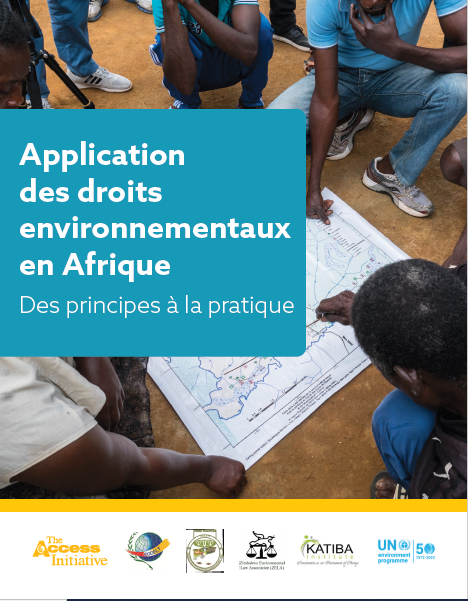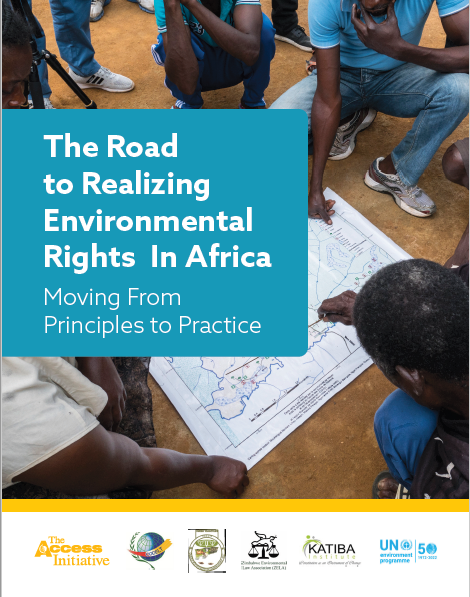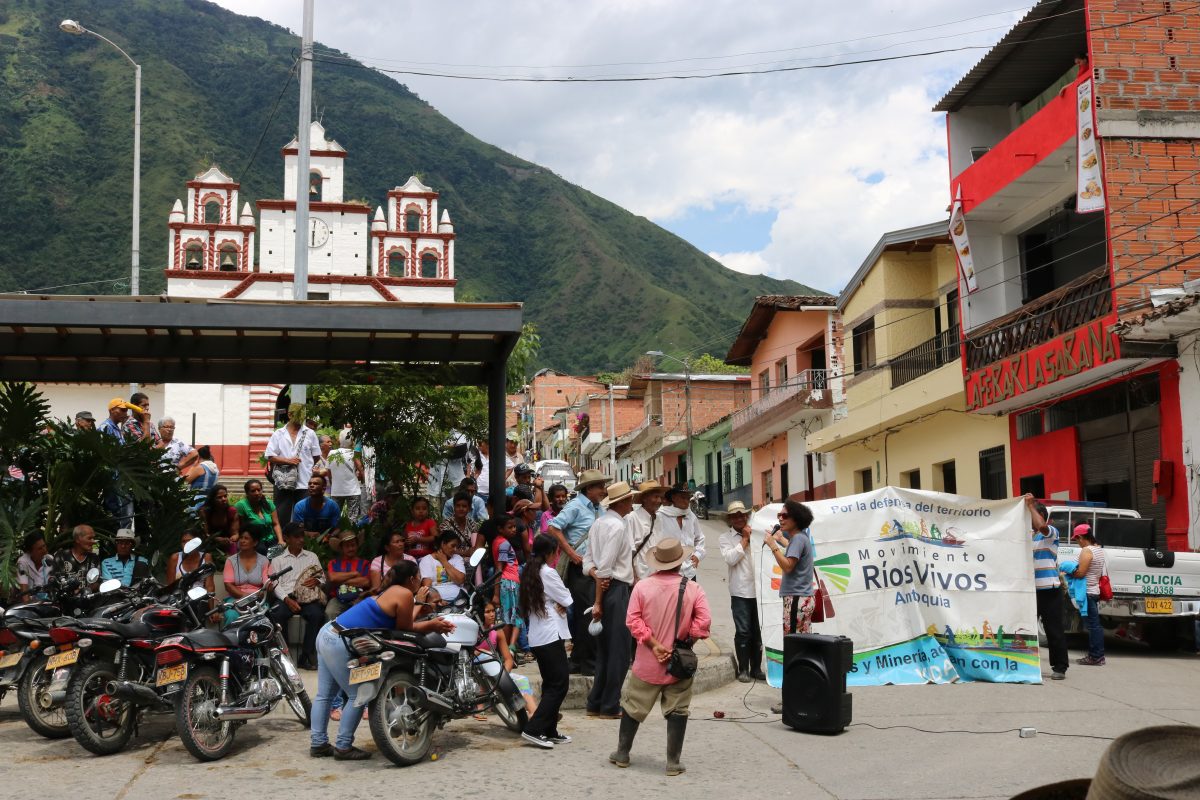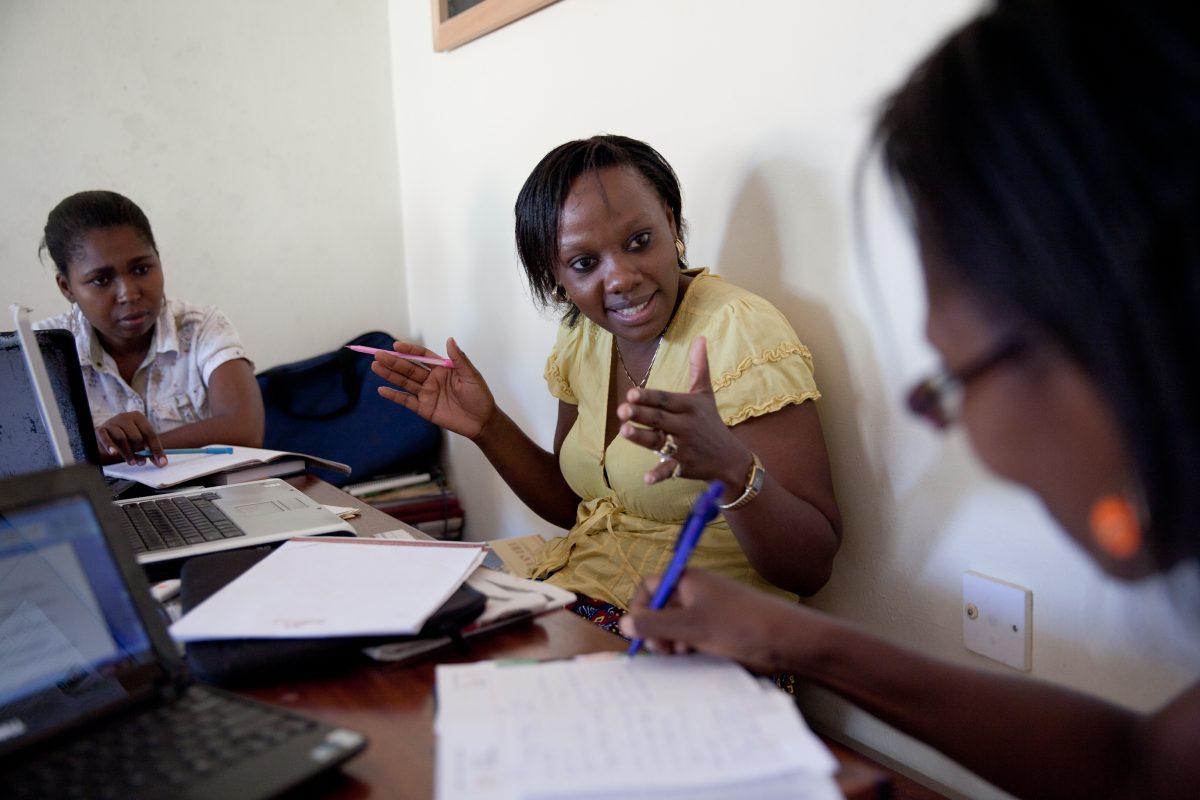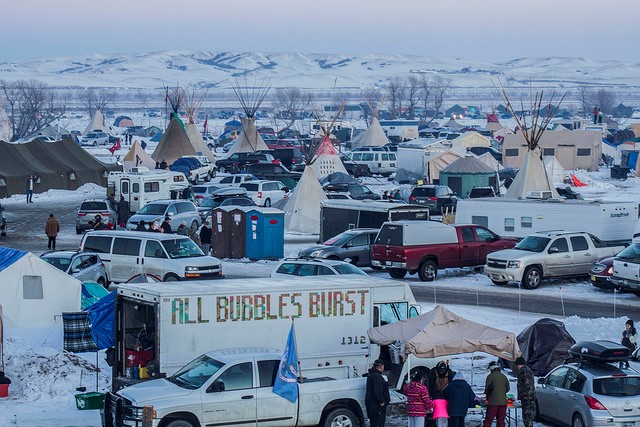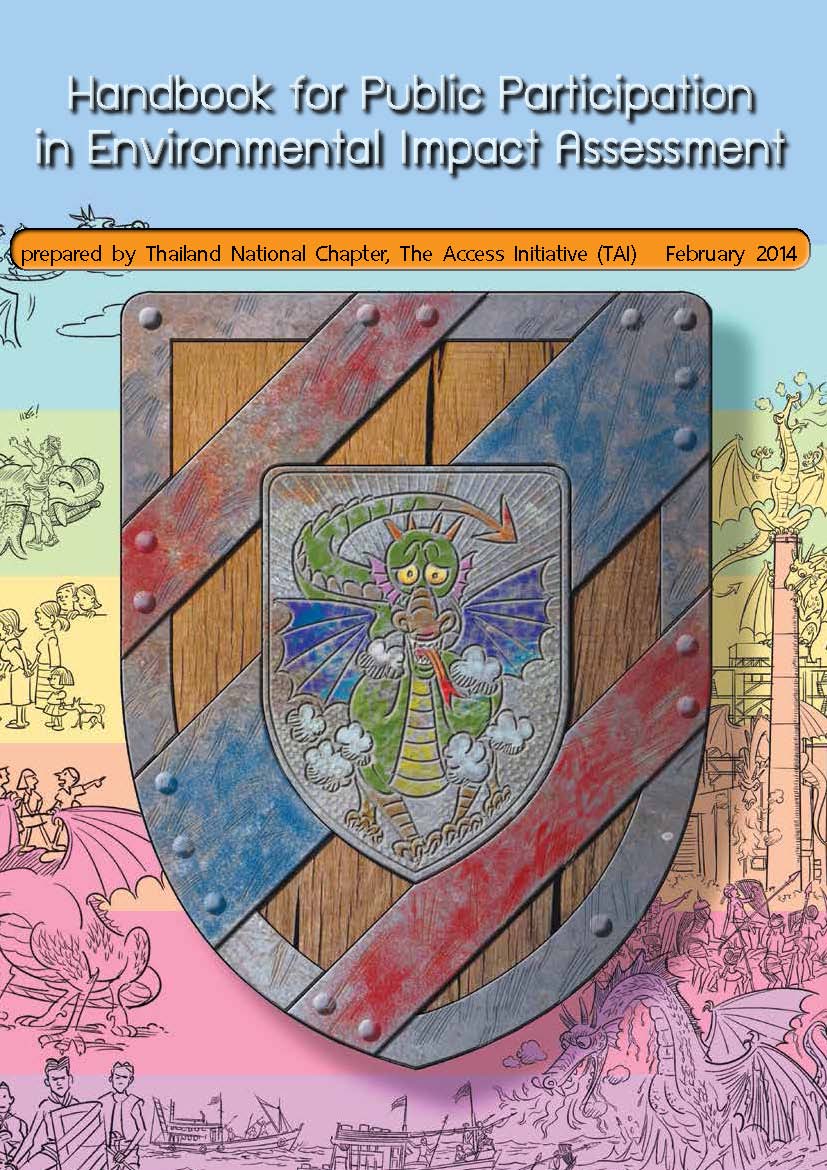Last week, the Access Initiative Core Team, on behalf of 23 members of the Access Initiative, sent a letter to the Government of Kenya to call for an immediate investigation and prosecution of those responsible for threatening and harassing members of the Center for Justice Governance and Environmental Action and their families, including Goldman Prize winner Phyllis Omido. The letter was sent to the Kenyan Ministry of Foreign Affairs, Ministry of Environment and Natural Resources, and Attorney General.
TAI recognizes that environmental democracy cannot exist in atmosphere of fear and violence targeted towards individuals who protest, organize, or use legal tools to protect their environment and health of their communities. In December, TAI, led by the Mexican Center of Environmental Law (CEMDA) released a report on Emerging Practices of States regarding the protection of environmental defenders in Latin America and the Caribbean.
In delivering this letter, TAI joins UN Special Rapporteur on Human Rights and the Environment, John Knox, in calling for justice and security for environmental defenders.
See below the full text of the email and letter sent to the Kenyan Government:
Email:
I am writing on behalf of 23 organizations from around the world that are part of the Access Initiative, a global network of civil society organizations that work to ensure the right and ability of the public to access information, participate in decision making, and access justice in environmental matters. We recognize that these are human rights and critical to informed, inclusive and accountable sustainable development.
We are writing out of great concern of the grave threats to the safety of the members and families of the Center for Justice Governance and Environmental Action, the non-profit, non-governmental organization based in Kenya that educates, empowers, and advocates on the behalf of Kenyan communities and the environment. We were gladdened to hear President Kenyatta’s remarks on March 7, 2017, when he pledged to do his “utmost to ensure Kenyans are protected from intimidation, incitement, and violence”. These protections must extend to those who seek to protect public health, human rights, and the environment.
Please find attached our letter and its signatories.
Signed letter:
Dear Ambassador (Dr.) Amina Mohamed, Prof Githu Muigai, and Prof. Judi Wakhungu,
We, the undersigned organizations and members of the Access Initiative, are writing to urge the Government of Kenya to investigate and prosecute those responsible for threatening the safety and security of members of the Center for Justice Governance and Environmental Action (CJGEA), including plaintiffs Phyllis Omido, (Goldman Prize Winner), Wilfred Kamencu, Anastacia Nambo, and Alfred Ogola, as well as their families. In doing so, we join a growing chorus of international friends and allies who are outraged and alarmed, including UN Special Rapporteur for Human Rights and the Environment, John Knox (read statement here). These threats, and the kidnapping of a child of one of the members, have occurred after CJGEA initiated a lawsuit to address alleged damages caused by lead smelter Metal Refineries EPZ Ltd to the local community and surrounding soil. We call for the Government of Kenya to issue a response on the steps they are taking to apprehend the culprits and protect the plaintiffs and their families.
In addressing these specific threats, the Government of Kenya has an opportunity to extend protections to other environmental defenders. These should include measures for the prevention of actions that affect the life, integrity and security of these environmental defenders. We call on the Government to consult with these defenders to deal with this emergency situation and provide where appropriate legal support, emergency funds or help in safety prevention measures from the relevant police and other judicial authorities based on the high level of risk in this case.
The Access Initiative, a global network that works on transparency, public participation and access to justice believes this case illustrative of the growing risks of ordinary citizens standing up and seeking justice for harm that is happening in their community. The Kenyan Government has been a champion of issues around the environment, including housing the United Nations Environment Programme and being an active member of the Open Government Partnership. We urge the Government of Kenya to continue to show leadership and act in accordance with its principles and values by taking immediate steps to urgently address the threat faced by its citizens. We stand united to lend our aid and support for such efforts.
Respectfully,
Associacion Ambiente y Sociedad (Colombia)
Association of Environmental Justice in Israel
Benin Environment and Education Society
Bioresources Development and Conservation Programme Cameroon
Community Legal Education Center (Cambodia)
Corporación Fiscalía del Medio Ambiente–FIMA (Chile)
Cultura Ecologica (Mexico)
The Environmental Pillar (Ireland)
Denge Ecology Organization (Turkey)
FIAN Nepal
Friends of the Irish Environment (Ireland)
Friends of Kota Damansara (Malaysia)
Green Alternative (Georgia)
Greenwatch (Uganda)
Indian Environment Lawyers Association
Instituto de Derecho y Economia Ambiental (Paraguay)
Justice Institute Guyana
Persona Natural (Chile)
Public Interest Law Foundation (Sri Lanka)
Saint Lucia National Trust
Samata (India)
Thailand Environment Institute
Zimbabwe Environmental Law Association
